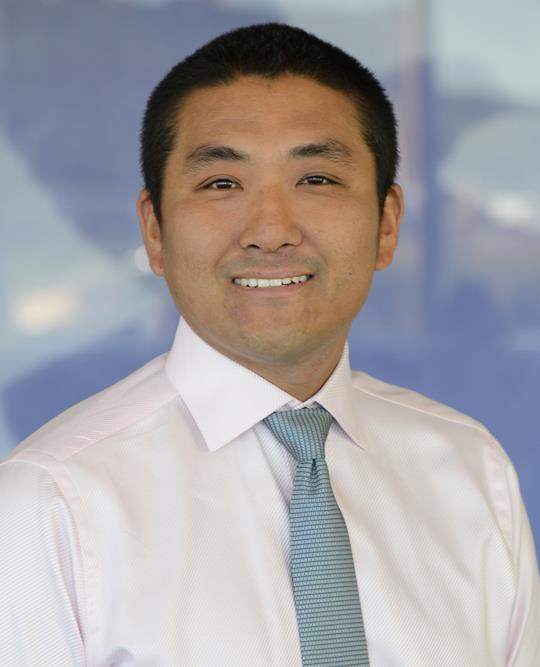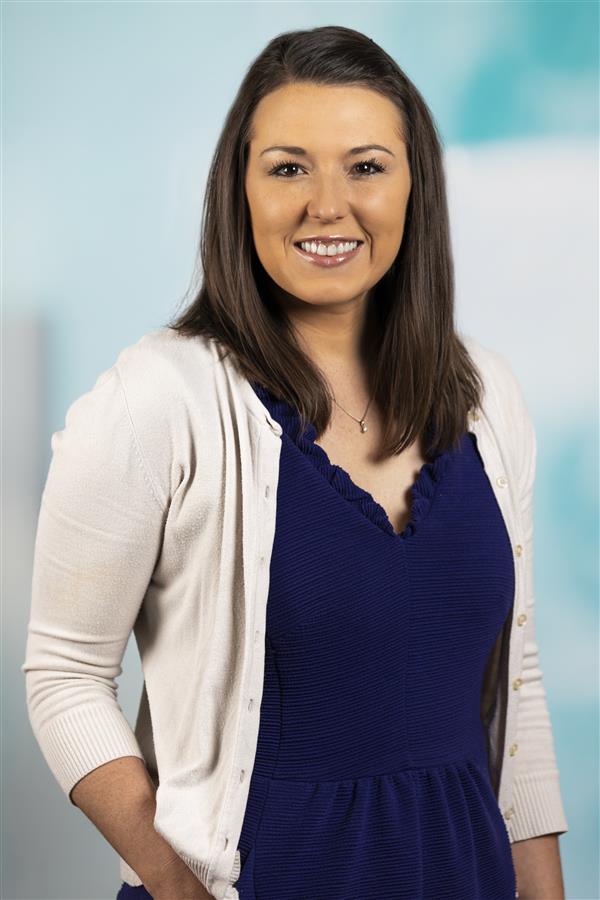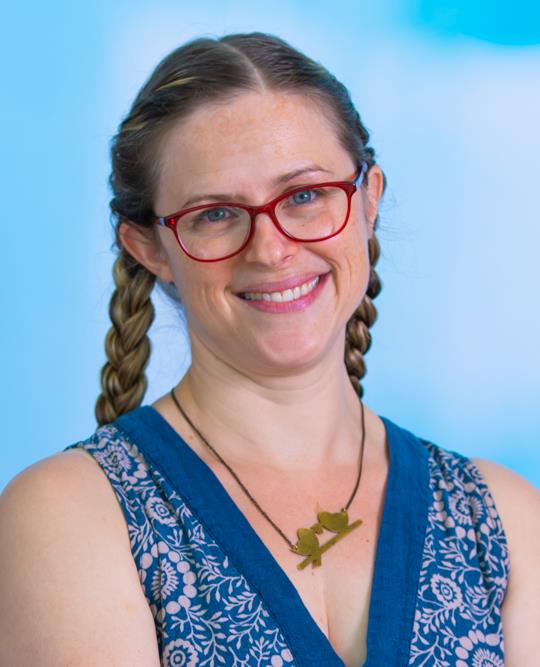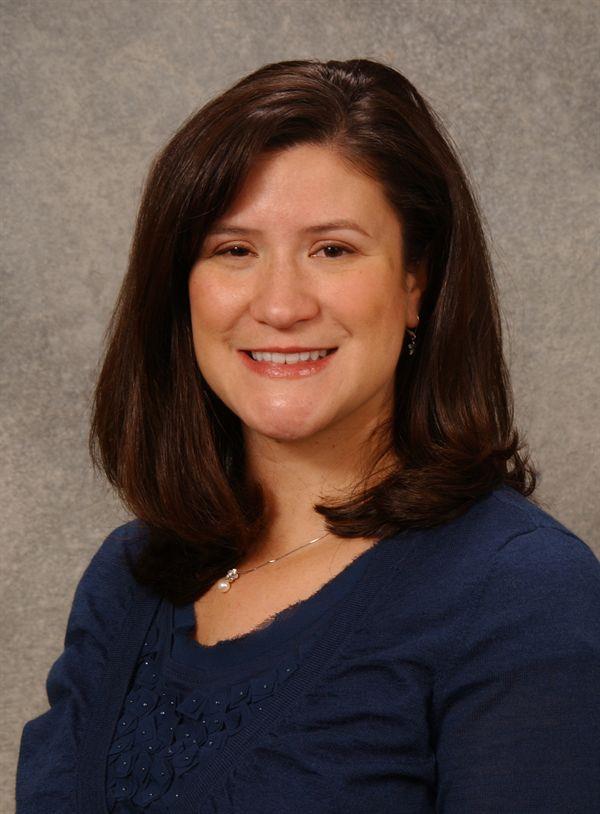- Doctors & Departments
-
Conditions & Advice
- Overview
- Conditions and Symptoms
- ¿Está enfermo su hijo?
- Parent Resources
- The Connection Journey
- Calma Un Bebé Que Llora
- Sports Articles
- Dosage Tables
- Baby Guide
-
Your Visit
- Overview
- Prepare for Your Visit
- Your Overnight Stay
- Send a Cheer Card
- Family and Patient Resources
- Patient Cost Estimate
- Insurance and Financial Resources
- Online Bill Pay
- Medical Records
- Política y procedimientos en el hospital
- Preguntamos Porque Nos Importa
-
Community
- Overview
- Addressing the Youth Mental Health Crisis
- Calendar of Events
- Child Health Advocacy
- Community Health
- Community Partners
- Corporate Relations
- Global Health
- Patient Advocacy
- Patient Stories
- Pediatric Affiliations
- Support Children’s Colorado
- Specialty Outreach Clinics
Your Support Matters
Upcoming Events
Mental Health Town Hall
martes, 23 de abril de 2024Join Children’s Hospital Colorado pediatric experts for a virtual...
-
Research & Innovation
- Overview
- Clinical Trials
- Q: Pediatric Health Advances
- Discoveries and Milestones
- Training and Internships
- Academic Affiliation
- Investigator Resources
- Funding Opportunities
- Center For Innovation
- Support Our Research
- Research Areas

It starts with a Q:
For the latest cutting-edge research, innovative collaborations and remarkable discoveries in child health, read stories from across all our areas of study in Q: Advances and Answers in Pediatric Health.


Pediatric Endoscopy
Polyposis Syndromes
We treat kids like they should be treated: like kids. That’s why we designed our hospital just for them.

What are polyposis syndromes?
Polyposis syndromes are inherited diseases associated with the development of small tissue growths called polyps in the gastrointestinal tract. Usually, polyps form in the colon, but they can also appear in other places like the small bowel or stomach.
Many children are first diagnosed with a polyposis syndrome after discovering a polyp that protrudes from the rectum, bleeding from the rectum or having blood in their stool, although it may not be visible.
Sometimes children also have anemia, or low numbers of red blood cells. Later in life, affected individuals may have an increased risk of cancer, benign tumors and other conditions that involve the gastrointestinal tract, as well as other body parts.
What are the types of polyposis syndromes?
The most common types of polyposis syndromes manifesting in childhood are:
- Juvenile polyposis syndrome (JPS)
- Peutz-Jegher syndrome (PJS)
- Familial adenomatous polyposis or Gardner syndrome (FAP)
There are other very rare, polyposis syndromes including PTEN Hamartoma tumor syndrome, ataxia telangiectasia, and neurofibromatosis.
What causes polyposis syndromes?
Because these are inherited conditions, screening of family members is often recommended. Although a cure is not currently available, screenings for diagnosis and monitoring programs for early detection and treatment are important to prevent more severe problems from developing. Screenings may begin before age 5 for some polyposis conditions.
Who gets polyposis syndromes?
Children of every gender, race and ethnicity can develop inherited polyposis syndromes. These conditions may affect children and adolescents as well as adults.
JPS, PJS and most forms of FAP are inherited in an autosomal dominant fashion. This means a child may develop the condition if just one parent passes on the genes for polyposis. If a person is affected, each of his or her offspring has a 50% chance of getting the disease. However, many genes may be involved in each of the different conditions below. Some people do not have affected family members; they have new mutations.
Juvenile polyposis syndrome
Researchers have identified two genes, BMPR1A and SMAD4, which cause nearly 40% of JPS. However, for more than 60% of children with JPS, the exact cause is still unknown. In the majority of cases, faulty genes are passed down from a parent, but in 25% of cases a new mutation has developed for the first time in a family. About 1 in 100,000 children may develop JPS.
Both the BMPR1A and SMAD4 genes contain the blueprint for tumor suppressors. These proteins keep the body's cells from growing and dividing too quickly, and promote cell death, an important part of keeping the body's tissues healthy. When these genes are altered, cells can grow too fast or divide too much, which may cause tumors or polyps to form.
Peutz-Jegher syndrome
Between 1 in 30,000 and 1 in 300,000 kids may develop PJS. Mutations in the STK11 gene, another tumor suppressor gene, cause PJS. This mutation leads to the development of non-cancerous and cancerous tumors. One copy of the altered gene in each cell is sufficient to develop PJS. In over half of cases, it is inherited from an affected family member; but in about half, there are no affected family members and a new mutation is suspected.
Familial adenomatous polyposis
FAP is the most common polyposis syndrome, affecting 1 in 10,000 children. The classic and attenuated forms of FAP are caused by mutations in the APC (adenomatous polyposis coli) gene. A third form of the disease, called the recessive form, is caused by a mutation in the MUTYH (mutY homolog) gene. This is also called MYH-associated polyposis. The MUTYH gene mutation affects the ability to repair mistakes made in the DNA as cells copy their genetic material and then divide.
What are the signs and symptoms of polyposis syndromes?
Common signs and symptoms of polyposis syndromes include bleeding from the rectum, a polyp that protrudes from the rectum, anemia or low red blood cell levels, and persistent blood in the stool that may be visible or hidden. Having a family member who is also affected is another sign that a child may have a polyposis syndrome. Some particular symptoms to the type of syndrome include:
Juvenile polyposis syndrome
- Diarrhea
- Protein losing enteropathy (the loss of protein in the digestive tract or to absorb proteins).
- Telangiectasias or small dilated blood vessels on lips, tongue, mouth and fingers.
- Abnormal connections between veins and arteries called arteriovenous malformations in the lungs, brain and other sites.
Peutz-Jegher syndrome
- Freckling (dark spots) on the lips, in or around the mouth, nostrils, eyes, fingers and toes and even the anus. Spots appear in childhood and often fade after adolescence.
- Polyps in the stomach, small intestine and colon that may last over a child's lifetime. Polyps may be large and cause chronic bleeding, abdominal pain and recurrent intestinal obstruction, which may be life threatening and require surgery.
- High lifetime risk for developing cancers of the GI tract, pancreas, testicles, cervix, ovary and breast.
Familial adenomatous polyposis
- Adenomatous polyps form in the colon.
- Polyp formation may begin in childhood and continue over time to form hundreds or thousands of polyps in the colon.
- Colon cancer develops at an average of 39 years.
- Desmoid tumors, fibrous tissue bundles that may be triggered by surgery and often recur after removal.
- Cysts and other benign growths in soft tissues and bones (also called Gardner syndrome), delayed eruption of teeth, thyroid tumors and hepatoblastoma (a type of liver cancer).
- An abnormal spot of pigment in the eye called CHRPE for congenital hypertrophy of retinal pigment epithelium.
- Increased risk for thyroid cancer, pancreatic cancer, stomach polyps and polyps in the duodenum, the first portion of the small bowel.
What tests are used to diagnose polyposis syndromes?
Doctors take a blood sample to help identify which type of polyposis a patient has, based on genetic markers for the disease. However, mutations are not always detectable. For most of these disorders, the presence of one mutation is enough to make the diagnosis.
Genetic testing is available for JPS (genetic markers SMAD4 and BMPR1A), PJS (genetic marker STK11), and FAP (genetic markers APC, MUTYH).
To closely examine a patient's polyps, a doctor may use different imaging methods including endoscopy, colonoscopy and enteroscopy. These tools help determine the number, size, distribution and microscopic characteristics of the polyps to help guide a patient's treatment decisions.
Why choose Children's Hospital Colorado for polyposis syndromes testing?
Children's Colorado offers comprehensive evaluation in an environment focused only on kids. For our patients undergoing diagnostic evaluation or interventional procedures, the team is pediatric-trained and the equipment is sized especially for the child. Child-life specialists help prepare children for surgical procedures, reducing their anxiety. The décor and activities in the waiting and exam rooms are designed to appeal to children and distract them. The laboratory provides trained technicians to draw blood using the smallest needles and volume that are appropriate.
What to expect from polyposis syndromes testing
Children's Colorado focuses on the patient's experience. From the clinic rooms to the operating and recovery rooms, the environment is kid-friendly. Before procedures, a play therapist is available to meet with families and show pictures to explain the process and reassure children. Procedures are usually done under anesthesia. When possible, blood draws are done under the same anesthesia. Recovery rooms have child friendly activities and foods and drinks.
How do doctors at Children's Colorado make a diagnosis?
Juvenile polyposis syndrome
JPS is diagnosed through a combination of genetic testing for the SMAD4 and BMPR1A mutations and polyp identification if no known genetic mutation is found. Patients with JPS have more than five juvenile polyps in their colon or rectum, juvenile polyps in other parts of the GI tract, or at least one juvenile polyp plus an affected family member.
Peutz-Jegher syndrome
PJS usually have a characteristic polyp and typical dark pigmentation patterns usually around the mouth and lips. Identifying a mutation in the STK11 gene is also used to make a diagnosis.
Familial adenomatous polyposis
Patients with multiple adenomas, a type of non-cancerous tumor, in the colon are usually diagnosed with FAP. Doctors may perform genetic testing to find mutations in the APC gene for the classic or attenuated form, or in the MUTYH gene for the autosomal recessive form of the disease.
How are polyposis syndromes treated?
Inherited polyposis syndromes are treated by pediatric gastroenterologists who perform endoscopy, colonoscopy and enteroscopy to identify and remove polyps. During these procedures our patients are sedated or under general anesthesia to make them as comfortable as possible.
Endoscopy:
A procedure used to examine a patient's gastrointestinal tract and small bowel by passing a camera through a patient's mouth and stomach.
Colonoscopy:
A narrow, flexible camera is passed through a patient's anus to examine the bowel and lower portion of the small intestines.
Enteroscopy:
A long flexible tube with a balloon attached is used to advance further into the intestinal tract than conventional endoscopes or colonoscopes.
A surveillance program is then put in place to help patients and doctors monitor the growth or development of any new polyps. Genetic counseling, family screening and diagnosis and treatment of any cancers are also important. Medications are not very effective in preventing polyp formation at this time.
Why choose Children's Colorado for your child's polyposis syndrome?
Children's Colorado provides child-specific state-of-the-art care for children with inherited polyposis syndromes, from their diagnosis and treatments to follow up care and specialized preventative medicine. Here, we use the latest technologies to make diagnosis and treatment as painless as possible. Our doctors provide Advanced Interventional Pediatric Endoscopy using techniques specific to each patient including:
- Balloon enteroscopy
- During video capsule endoscopy patients swallow a camera that takes a video as it passes through the gastrointestinal tract
- Polypectomy snare techniques remove polyps by grabbing them from the bowel wall
- APC polyp ablation removes polyps using energy while keeping the bowel muscles safe
Our Radiology Department provides the latest in kid-friendly imaging technology while minimizing radiation exposure including MR enterography. The Hereditary Cancer Risk Assessment Clinic at Children's Colorado also provides family screening and genetic counseling for our inherited polyposis syndrome patients.
Next steps
-
Would you like to learn more about us?
Learn more about the Advanced and Therapeutic Endoscopy for Children (ATECh) Clinic -
Do you have questions about your child’s condition?
720-777-6669 -
Want a second opinion?
Get started
Get to know our pediatric experts.


Kelly Faulk, MD
Hematology/Oncology - Pediatric, Pediatrics

Lisa Reaves, MD
Hematology/Oncology - Pediatric




 720-777-0123
720-777-0123



